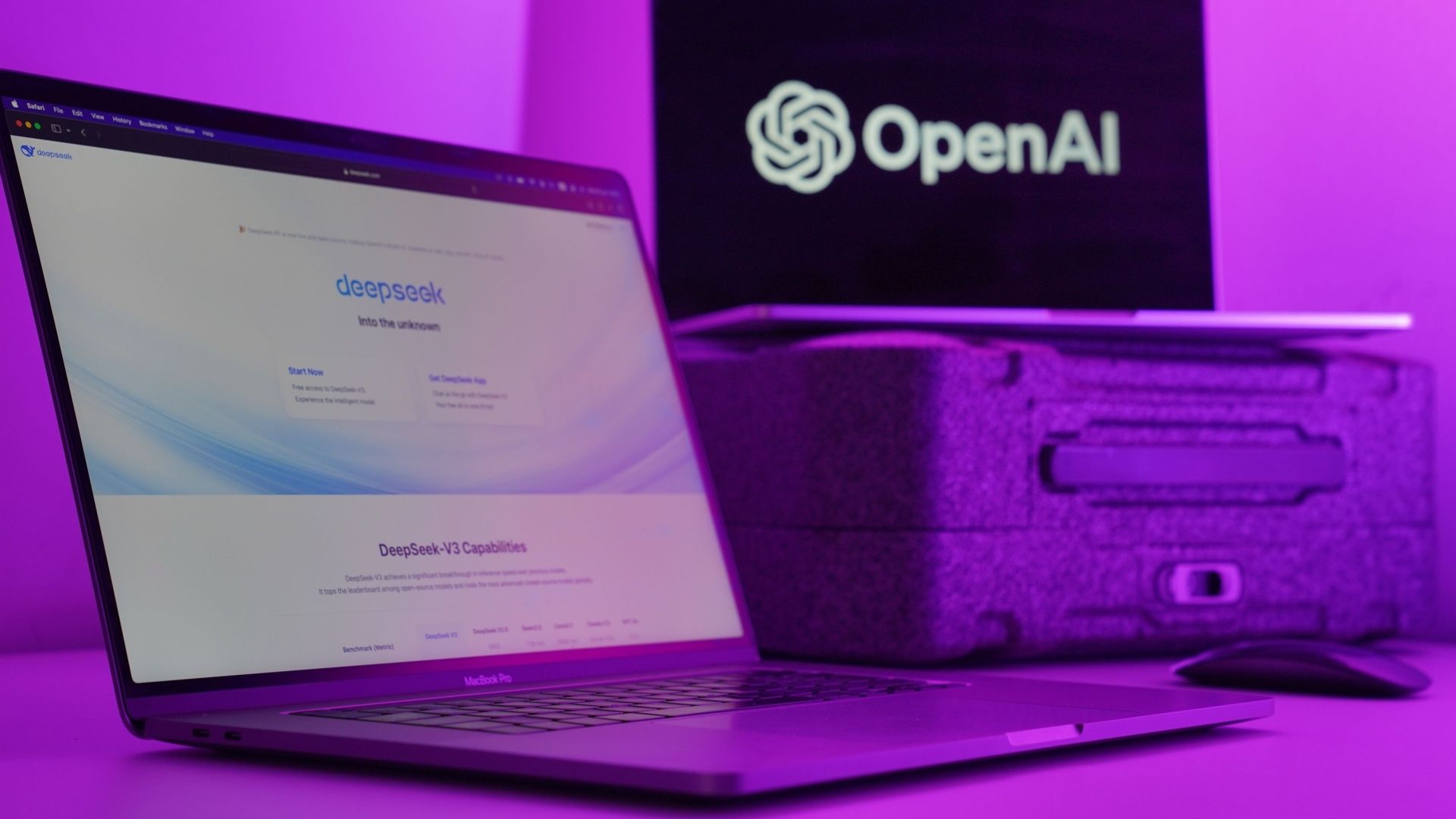Robots are bound to be part of our medium-term future, and so you’re probably going to consider some sort of robotic system to spend money on, however the sad story of Moxie is a cautionary tale of buying robots that need an internet connection to work.
Moxie Was a Revolutionary Therapy Robot
Moxie is a social and educational robot designed to help parents of neurodivergent children or any child that would benefit. It’s meant to be a companion and help kids out with educational goals as well.
How well it achieves this is, of course, debatable, but this review by someone who specialized in this type of educational technology is pretty positive, and it shows off what Moxie is all about, so it’s worth watching.
Its Brains Live in the Cloud
Despite being an $800 product, Moxie is not a standalone device. The intelligence of the robot lives in the cloud on the servers, which means that the robot itself is an interface device. Watching Moxie in action, I’m really impressed how such a relatively simple stationary robot can have so much emotion and body language,but ultimately it’s an empty shell when it comes to the core value of it.
None of which is really an issue, unless those cloud servers are shut down, but that would never happen, right?
When the Money Ran Out, Moxies Were Marked for Termination
In December 2024, Embodied announced that it would be closing down due to a failed “critical funding round” (via Wired). I have to link to a Wired article about the closure, because the original announcement is gone, along with the rest of the website. You can still read the FAQ via the Internet Wayback Machine.
When the servers go down, the Moxies lose their moxie, and parents aren’t just out of pocket nearly a grand. They also have to explain why their child’s “friend” won’t wake up and talk to them anymore. I don’t know about you, but the family cat dying was more than enough childhood trauma for me, and I’m only mildly autistic.
I’m not really blaming Embodied here, of course. Most startups don’t make it, and venture capitalists are taking a gamble on these companies. Affective computing, where machines can understand our emotions as part of their inputs, is an important area of development. By rights, something like Moxie should be funded, since there’s definitely a need for caretaker robots as a class, but in this case the chips didn’t fall that way.
The real problem here is that Embodied designed this device to be reliant on them, which isn’t a bad model from a business perspective, but has the same issues all of our internet-dependent services do. It’s also understandable that something like Moxie would cost much more than $800 if it had powerful enough hardware onboard to give it the same functionality, but going ahead this won’t necessarily be the case.

Related
Affective Computing Could Change the Future of Computer Interaction
How do you feel about a computer knowing how you feel?
I’d Think Twice Before Buying a Robot That Can’t Think for Itself.
We’re quickly entering the age of local AI software, such open source models like DeepSeek, which can run on my laptop just fine at usable speeds. With specialized AI chips now in mainstream laptops, something like Moxie could be built with all of its smarts onboard, using the internet as a supplement, the same way ChatGPT browses the internet for information.
There’s still hope than an open source project will allow defunct Moxie robots to gain back some features and even run on a local computer in the homes of owners, but whether that effort succeeds or not, Moxie’s story is a cautionary tale which will make me think twice about any robot I might buy that can’t think for itself.

Related





